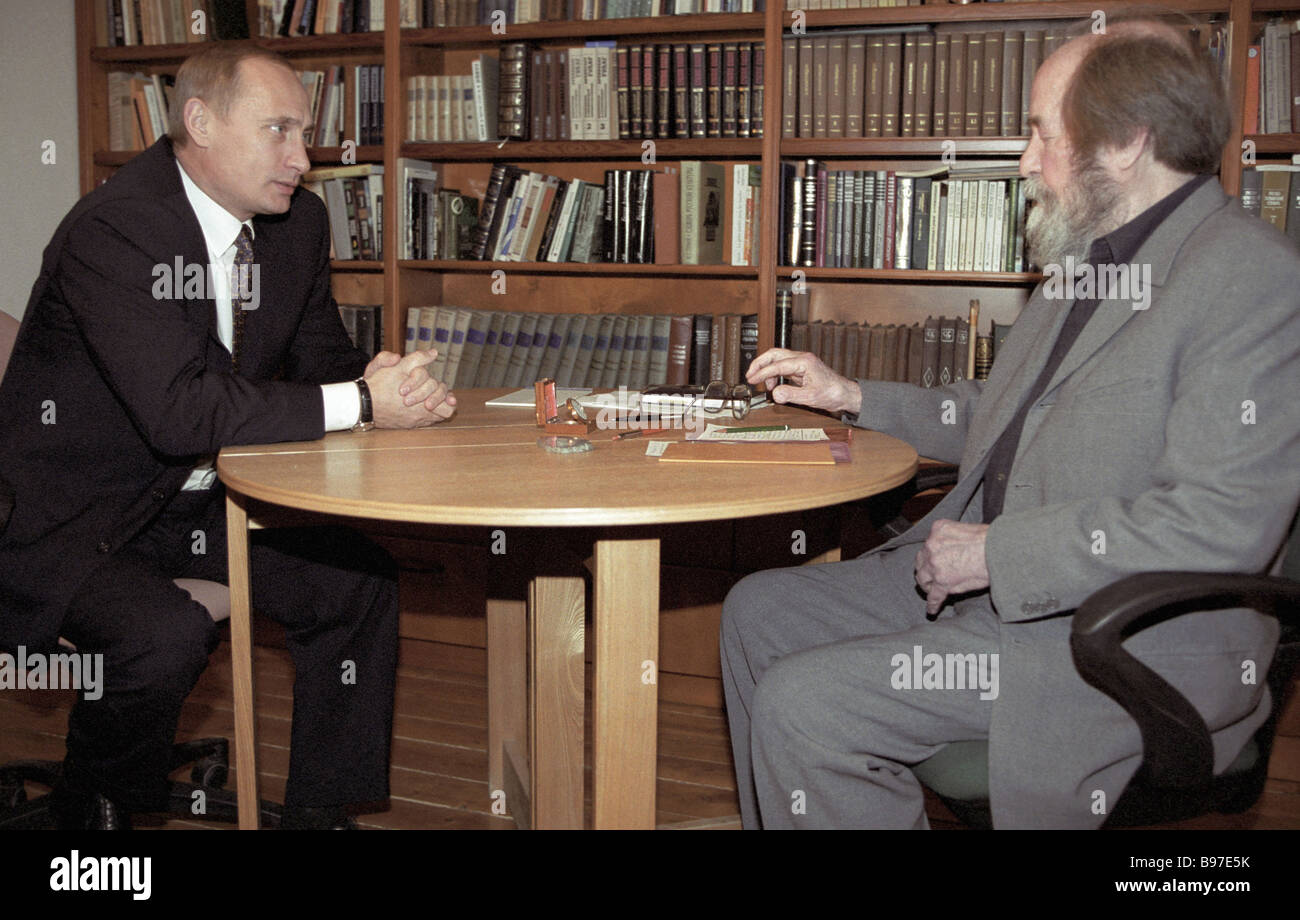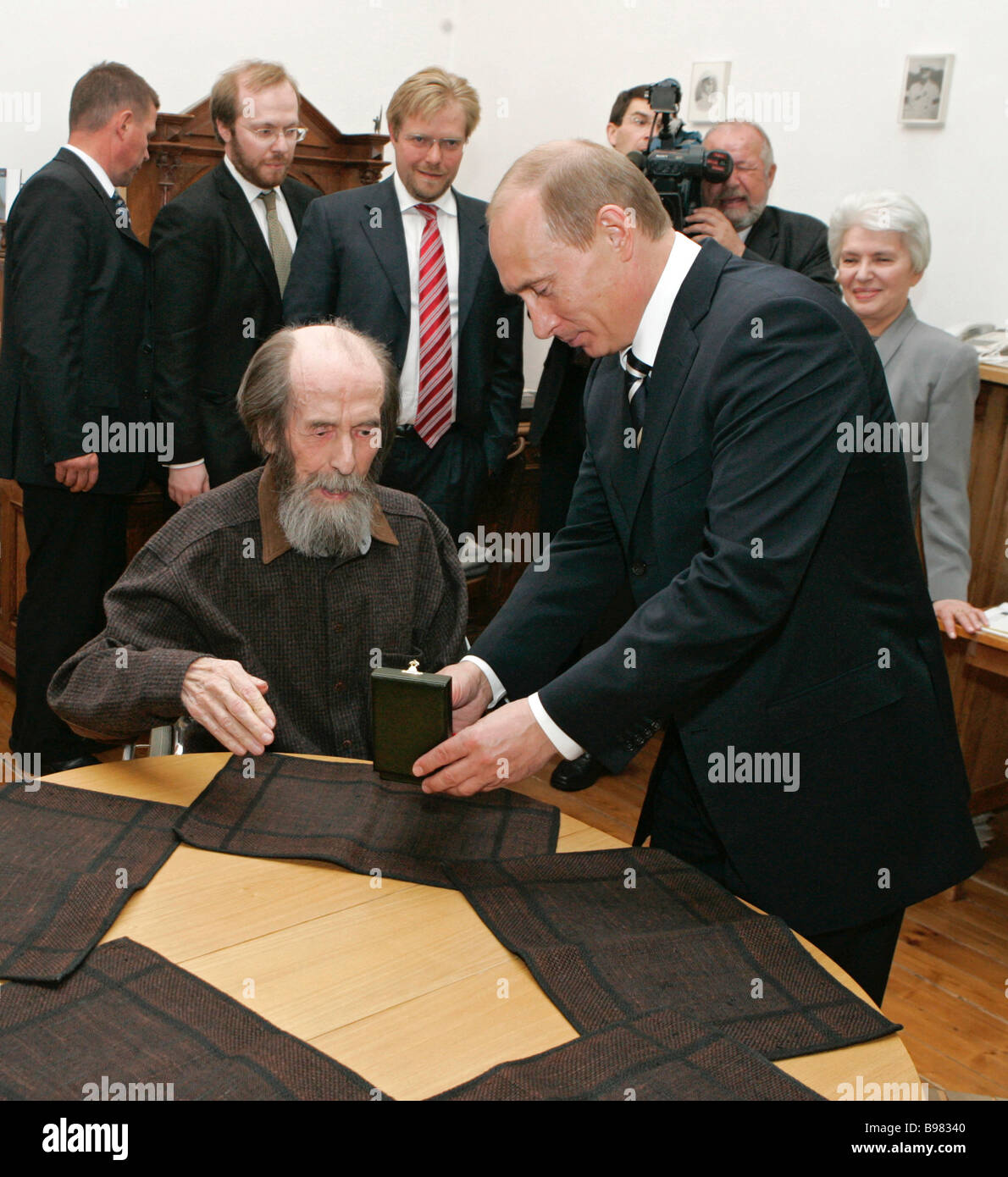I'm not sure about Aleksandr Solzhenitsyn and his book "The Gulag Archipelago."
I don't fully believe the stories that say millions of people died in Soviet camps, similar to what happened in the Holocaust. Solzhenitsyn's book talks about these camps, but then people use it to say over 10 million died. Where are all the graves if so many died?
This book wasn't just a story. It became a weapon in the fight between the USSR and the USA. It's like it set the stage for big political changes that happened 20 years later.
There's a group called Human Rights Watch that started looking into these Soviet camps in the 1980s. They say they fight for human rights, but they began by focusing on the Soviet Union. This makes me wonder if they had political reasons.
Here's another example: the U.S. Commission on the Ukraine Famine. This commission makes me feel like politics are hiding behind concerns for people.
Even Solzhenitsyn winning the Nobel Prize in Literature in 1970 and getting support from people like Jordan Peterson makes me suspicious. )
Today, Russia agrees with what Solzhenitsyn said, using it to show how different they are from the past Soviet Union. But back then, the Soviet government said he was lying. Could they have been a bit right? I think they might have been.
I don't agree with the simple idea that everything Soviet was bad.
So, what's the real story? Did Solzhenitsyn honestly tell his story, which others later used for politics? Or was his book a political move from the start?
My hypothesis is that he's not the hero people make him out to be, and the real story is probably not as shocking as what's often told.
I don't fully believe the stories that say millions of people died in Soviet camps, similar to what happened in the Holocaust. Solzhenitsyn's book talks about these camps, but then people use it to say over 10 million died. Where are all the graves if so many died?
This book wasn't just a story. It became a weapon in the fight between the USSR and the USA. It's like it set the stage for big political changes that happened 20 years later.
There's a group called Human Rights Watch that started looking into these Soviet camps in the 1980s. They say they fight for human rights, but they began by focusing on the Soviet Union. This makes me wonder if they had political reasons.
Here's another example: the U.S. Commission on the Ukraine Famine. This commission makes me feel like politics are hiding behind concerns for people.
Even Solzhenitsyn winning the Nobel Prize in Literature in 1970 and getting support from people like Jordan Peterson makes me suspicious. )
Today, Russia agrees with what Solzhenitsyn said, using it to show how different they are from the past Soviet Union. But back then, the Soviet government said he was lying. Could they have been a bit right? I think they might have been.
I don't agree with the simple idea that everything Soviet was bad.
So, what's the real story? Did Solzhenitsyn honestly tell his story, which others later used for politics? Or was his book a political move from the start?
My hypothesis is that he's not the hero people make him out to be, and the real story is probably not as shocking as what's often told.



